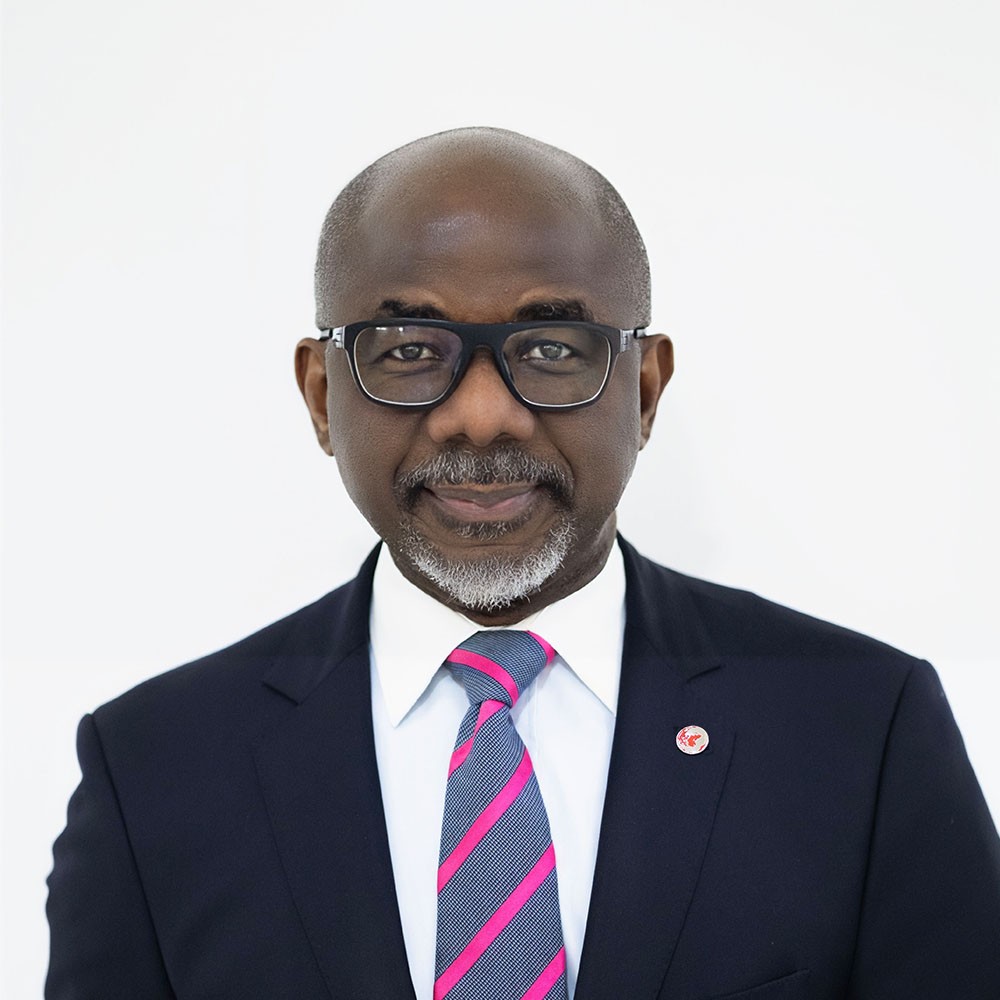A healthy continent is a prosperous one. When people are well, they work more, earn more, and invest more in their communities. Conversely, when illness spreads unchecked or medical costs plunge families into debt, entire economies suffer. Despite this clear link, healthcare in Africa has long been underfunded, deprioritised, and underserved.
The cost of this oversight is that in sub-Saharan Africa alone, poor health and premature mortality result in productivity losses exceeding $2.6 trillion annually by World Bank estimates. Across the continent, maternal mortality remains high, child survival rates are low, and rural communities continue to face dire access challenges to essential health services.
More concerningly, healthcare funding momentum has regressed in recent years. The COVID-19 pandemic brought unprecedented spending, but as the world pivots toward economic recovery and inflation control, many governments are scaling back health investments. In Africa, this shift is particularly worrisome. Countries such as Nigeria consistently allocate less than 5% of their national budgets to health, far below the 15% target outlined in the Abuja Declaration. Mali, Botswana, and Cameroon reflect similar patterns, with Cameroon allocating only 3.7% in recent years—the lowest in over two decades.
External donor support, which was once a key pillar for many countries’ health programme, has also declined. Global aid is now being redirected to other urgent crises, and donor fatigue is setting in. A recent example is the restructuring of USAID—an agency that typically spends $40 billion a year on humanitarian aid—which has led to the shutdown of 83% of its programmes worldwide.
The result is a growing reliance on out-of-pocket payments, leaving vulnerable populations exposed and public systems under strain. These are grim realities. Africa’s growing population and weak health systems paint the picture of clear moral responsibility, but they also reveal major business opportunities that can scale.
Beneath the sobering reality, there’s a hopeful side. Africa is also the site of remarkable health innovation and resilience. There are quiet and interesting revolutions happening, through policy, technology, private investment, and local innovation.
Consider Nigeria, Africa’s most populous country. With over 200 million citizens and a doctor-patient ratio of 1:5,000; far below the recommended 1:600; the need for scalable health interventions is urgent and new models are emerging in form: Drone Delivery of Medical Supplies, Telemedicine in Remote Areas, Digital Health Platforms & EHR Systems, AI & IoT for Diagnosis and Monitoring, and Local Manufacturing of Vaccines and Drugs. Companies like Helium Health are partnering with hospitals to digitise their operations and to facilitate financing for healthcare through various credit products, while others such as LifeBank are solving critical issues in blood and oxygen supply through innovative logistics.
Private sector engagement is proving vital. A WHO study found that every $1 invested in basic healthcare in low- and middle-income countries yields up to $9 in economic returns. For a continent with the youngest workforce in the world, over 60% under the age of 25, this return on investment should not be ignored.
While much of the direct investment in Africa remains concentrated in extracting natural resources, a growing recognition of the continent’s broader developmental needs is beginning to reshape investment priorities. One of Africa’s leading investment companies, Heirs Holdings, has taken a forward-looking stance by identifying healthcare as one of seven critical sectors essential to securing the continent’s long-term socioeconomic advancement.
Through two of its subsidiaries, Avon Medical Practice and Avon HMO, Heirs Holdings has steadily built a healthcare model that prioritises both quality and access. Avon Medical Practice’s impact is already measurable: over 164,000 patients treated, 13,000 dialysis procedures performed, more than 20,000 immunisations administered, and 2,000 childbirths all within the last decade. At an intersect, Avon HMO addresses a different core challenge—affordability and access, paying out over $30 million in health claims over the last twelve years.
Africa’s healthcare evolution is however not occurring in a vacuum. Breakthrough innovations are emerging from across the continent, reshaping how healthcare is delivered. In Mali, a bold community-based approach to health services reduced child mortality by over 90% in the Yirimadio district, proving that the right models, when scaled, can transform outcomes at the grassroots.
Still, challenges remain. Africa accounts for 24% of the global disease burden but only 3% of the world’s health workforce and less than 1% of its health expenditures. Brain-drain siphons off top medical talent. Out-of-pocket expenses still make up 37% of total health spending in sub-Saharan Africa, pushing families into poverty and deterring care. In Nigeria alone, nearly 77% of healthcare costs are paid directly by patients. Without radical reform and increased investment, particularly in primary healthcare infrastructure, progress may stall.
We must shift from reactive to preventive care, from bureaucracy to technology-driven solutions, and from donor-dependence to inclusive, locally-owned systems. Strengthening primary healthcare infrastructure, investing in health workers, and localising pharmaceutical production are essential next steps. Most importantly, healthcare must no longer be seen as a cost—but as a foundational investment.
The business of better health is everyone’s business. For investors, it presents growth. For governments, it is policy transformation. For families, it means dignity and survival. And for Africa, it is the gateway to shared prosperity and lasting development.
نشرت أصلا على بيزنس إنسايدر أفريقيا


